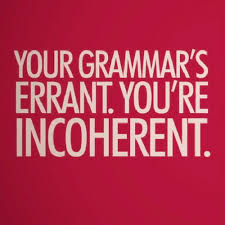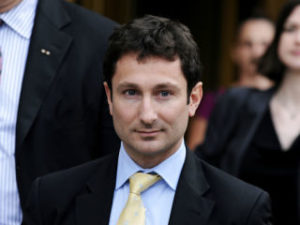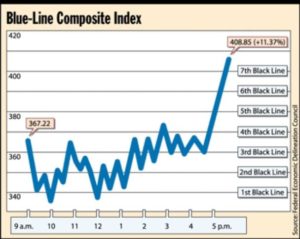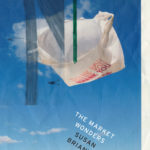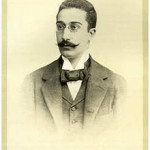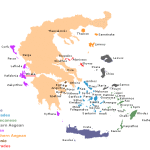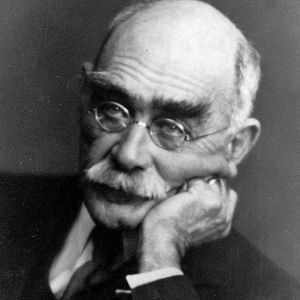 I took my 11 year-old for two nights of backcountry camping in Zion National Park in Utah earlier this Fall. A few hours into our hike – still some ways away from our first campsite – the sole of my right boot began to rip. At first, the flip-flop-slap of the loosened rubber hitting the cardboard shoe-bottom was amusing to my daughter and annoying to me, but still workable.
I took my 11 year-old for two nights of backcountry camping in Zion National Park in Utah earlier this Fall. A few hours into our hike – still some ways away from our first campsite – the sole of my right boot began to rip. At first, the flip-flop-slap of the loosened rubber hitting the cardboard shoe-bottom was amusing to my daughter and annoying to me, but still workable.
The further we went into our canyon hike, however, the more panic started to creep in. Without a workable sole, hiking on the canyon rock and cactus scrub of Zion becomes impossible, exacerbated by the weight of a backcountry pack with three days of provisions, for two people. Worse, we couldn’t find the trail turnoff for our campsite at dusk, which started to freak out my daughter. We were out of cellphone range and had passed no one on the trail. Finally, with dark descending and still at least a mile from our un-findable site, the sole of my boot came completely off. We stopped right there, in the middle of the canyon trail, for the night.
Now, I’m an experienced camper, and I have put up our tent dozens of times. But likely flustered by my boot catastrophe, I spent the next ten minutes flailing in the dark, and failing to raise the tent. This made it worse for my daughter. She worried about our missing campsite and the lack of shelter. I worried that I’d have to end our trip early, walking out to the road in defeat on cardboard, doubled-up socks, and a bloody foot. At that moment, nothing was ok and I was the worst Dad ever.
But without a tent, we had a clear view of the stars that night.
In the morning, before the sun broke over the canyon walls, we woke up in our sleeping bags in the middle of the trail, a surprisingly soft and sandy spot. My daughter and I shared an apple. Things started to go well.
My little MacGyver pulled out her roll of blue glitter princess duct tape and wrapped it round and around my boot. We couldn’t know if it would hold for two more days of hiking. For the moment, I could walk. By midday we found our campsite after a morning of retracing steps, wandering around and losing and finding the trail a few times. I told my daughter that the word “Zion” meant “Place that cannot be found” in the language of the native people of the area. She sort of believed me.
 Would you believe that the duct tape held, only just barely, over the next two days? On the third morning, during the hike out of the canyon, my left boot began to fall apart, too. There was no more duct tape, and the tape on the right boot threatened to pull apart at any moment. But it held, and I’m very grateful.
Would you believe that the duct tape held, only just barely, over the next two days? On the third morning, during the hike out of the canyon, my left boot began to fall apart, too. There was no more duct tape, and the tape on the right boot threatened to pull apart at any moment. But it held, and I’m very grateful.
Stars in Big Bend
If I’m being totally honest, cultivating gratefulness feels very difficult right now. I don’t know about your screens, but everything on my screens suggests W.B. Yeats’ Second Coming set to the freakish rhythms of Stravinsky’s Rite of Spring.
To help us cultivate an attitude of gratefulness during this Thanksgiving week, my wife and both daughters and I travelled to Big Bend National Park in West Texas. Usually I’m a finance guy, but the out-of-doors puts money and materialism in its proper place.
Out hiking and camping, my material wants reduce to sturdy (new!) hiking boots, sufficient hydration and a starry cloudless sky.
In Big Bend, I am especially grateful for the stars. Is there a clearer place on the planet for stargazing?
Each time I go camping I recite Ralph Waldo Emerson from his book Nature:
“If the stars should appear one night in a thousand years, how would men believe and adore; and preserve for many generations the remembrance of the city of God which had been shown! But every night come out these envoys of beauty, and light the universe with their admonishing smile.”
What are my political worries compared to the timeline of the stars? I am grateful to be able to witness the city of God above. Each and every night, too!
Our National Parks
One other thing for which I’m extremely grateful: National Parks! Whether you prefer your government big or small, this is government at its finest. Park Rangers greet us in their pressed khakis and hats. You pay your affordable campsite fee by putting bills into a little envelope and grabbing a tag. Trusting. Retro. Peaceful.
Last month the San Antonio-based poet Naomi Shihab Nye published a poem about Big Bend, one of fifty works commissioned by the National Park Service to celebrate the parks in every state.
Midway through the poem she writes:
“Big bend in thinking – why did you dream you needed so much? Water, one small pack. Once I lay on my back on a concrete table the whole day and read a book. A whole book, and it was long. The day I continue to feast on.”
The poem ends,
“You will not find a prime minister in Big Bend, a president, or even a candidate, beyond the lion, the javelina, the eagle lighting on its nest.”
Thanksgiving is my favorite national holiday. I am grateful for my hiking boots, a starry sky, and the national parks.
Hiking boots again
Now then, we were speaking about the great things about our country. I mean, I’m sorry, my boots.
Things fall apart. The center cannot hold. Can you walk without your sole? Nothing like this has ever happened in all my years of hiking and camping. I’m especially grateful for a creative duct-tape solution from my unexpectedly resourceful kid.
What happened in Zion is all a metaphor, but also has the advantage of being one hundred percent true. We all need the humility and perspective gained by looking up, before going to sleep, at the city of God above. By the grace of blue glitter princess duct tape, barely holding everything together, I hope we’re going to be ok.
Please see related posts:
Thanksgiving message: Money Isn’t Everything, It’s Nothing
A Thanksgiving Plan for Christmas: Feeling Broke, Feeling Whole
Book Review: The Turtle of Oman by Naomi Shihab Nye
Post read (252) times.

